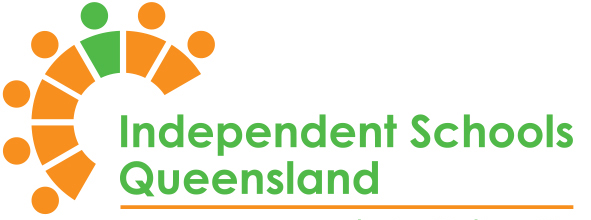Independent Schools Queensland (ISQ) has today released its Federal Election Statement which contains five key priority areas for an incoming Australian Government.
ISQ, in alignment with Independent Schools Australia (ISA), has told candidates that independent schools are a key part of the education landscape in Australia making a major contribution to the learning and wellbeing of children.
Independent Schools Queensland CEO Chris Mountford said in order to maintain the choice, diversity and contribution of independent schools, greater investment was needed.
“Student enrolments numbers in Queensland independent schools are rapidly increasing, meaning the sector requires appropriate and adequate support,” Mr Mountford said.
“In Queensland, enrolment growth is the highest it has ever been with 15.7% of all students in the state attending an independent school.
“Independent schools in Queensland save taxpayer funds. Average government recurrent funding per non-government school student ($13,417) is significantly less than State student funding ($19,932), realising an estimated $1.02 billion in recurrent savings to governments.
“Australian Government investment in the five key areas we’ve highlighted will help ensure ongoing quality education and success of Australian students in a resilient and diverse independent school sector.”
Independent schools in Queensland are looking for assurances in five key areas:
1. Wellbeing and mental health
Independent schools urgently require resources at the school level to address the acute mental health needs of students and support protection and prevention programs.
The wellbeing and mental health needs of students have substantially increased in number, complexity and severity. Funding is needed for:
- training staff
- in-school wellbeing programs
- engagement of experts
- the effective selection and application of the mental health resources available through third parties.
2. National Reform Priorities
A commitment to funding the implementation of current and emerging national education reforms and issues of national significance in independent schools beyond 2023 is critical.
Funding to the non-government sector to implement the Australian Government’s educational priorities has proved highly successful over three decades. However, the Non-Government Reform Support Fund (NGRSF) is due to cease at the end of 2023 with schools still requiring significant support to implement current and emerging Australian Government education reform priorities.
3. Consequences of Funding Reform
Additional funding is required to support schools hard hit by the Government’s new funding methodology to manage their transition to new funding levels and remain accessible to families.
Addressing the elements of the new funding model that have resulted in these pressures is also necessary to resolve these unintended financial consequences and reduce the need for additional funding.
4. Regional Boarding Schools
The degree to which independent schools can continue providing high-quality boarding options in regional and remote locations depends on:
- additional resourcing to cover costs of goods, transport, technology and connections to family and culture
- incentives to attract and retain a quality workforce
- capital funding to improve the living and learning environment.
For many families, regional and remote boarding (predominantly in the independent sector) provides the only quality educational option, yet multiple reports have shown regional boarding schools are chronically underfunded.
5. Capital Funding
An increased allocation to, and more flexible application of, the Australian Government Capital Grants Program (CGP) is required to help fund infrastructure and support the substantial enrolment increase (almost 20,000 students in 2021) in the independent school sector concentrated in low-fee schools.
ISQ’s full Election Statement can be viewed here.
Media Contact
Callum Bentley
0428 612 315 | media@isq.qld.edu.au
Recent

